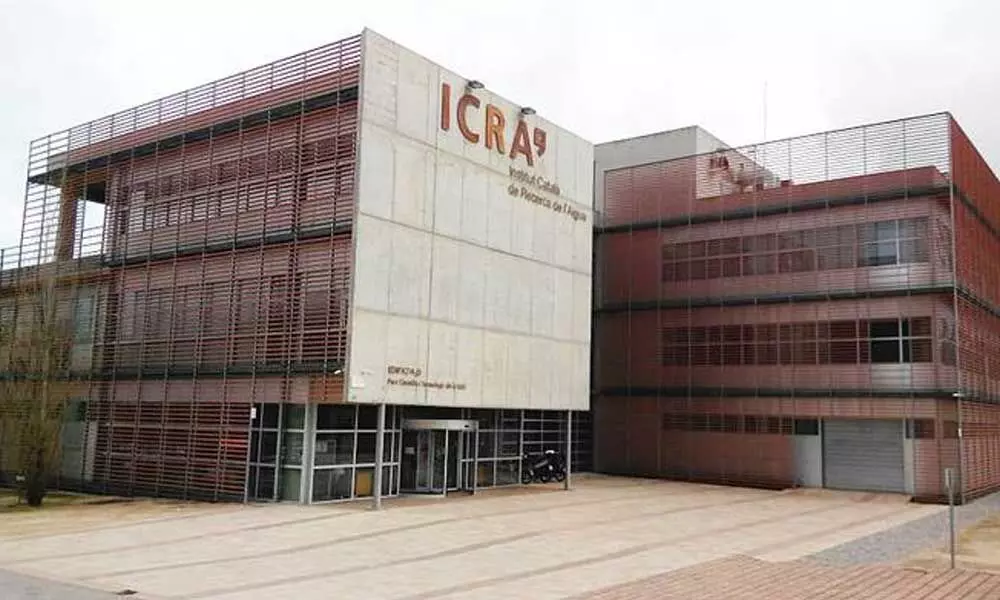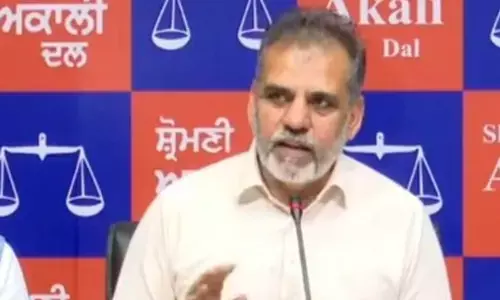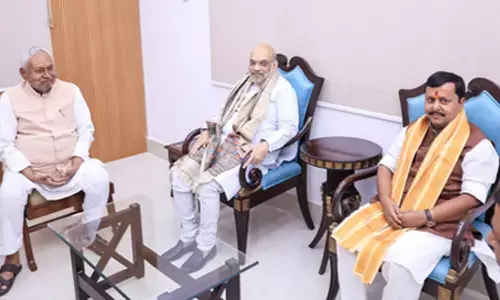Discoms, open access consumers can save Rs 550 cr due to RTM trading: Icra
 RTM trading: Icra
RTM trading: IcraDiscoms and open access consumers are likely to save around Rs 550 crore even if there is a 50 per cent transition in the procurement of power to the new real-time market
Mumbai: Discoms and open access consumers are likely to save around Rs 550 crore even if there is a 50 per cent transition in the procurement of power to the new real-time market (RTM) trading from deviation settlement mechanism in the near to medium term, Icra said.
According to the rating agency, the real-time market for trading power, which was launched on June 1, is expected to lead to efficient price discovery in the power trading market. "The introduction of RTM trading would enable efficient price discovery for electricity and support grid balancing activities. This is especially significant in the context of the rising share of renewable energy in electricity generation in India," Icra Group Head & Senior Vice President - Corporate ratings, Sabyasachi Majumdar said.
He further said that considering a 50 paise per unit saving under RTM trading against deviation settlement mechanism (DSM), and assuming a 50 per cent transition in procurement from DSM to RTM in the near to medium term, the annual savings for discoms and open access consumers is estimated to be Rs 550 crore. "Further, a robust communication and software systems remain crucial for the implementation of the real-time market," he added. With strong policy support and improved tariff competitiveness of wind and solar power, the share of renewable energy in the all India electricity generation has increased to 10 per cent in FY2020 from 5.6 per cent in FY2016.
This coupled with the variable nature of renewable generation adversely impacts the grid balancing process, the agency said. "While the gradual implementation of forecasting and scheduling mechanism for wind and solar power projects is expected to ease the grid balancing process, the availability of RTM power trading would provide an enabling mechanism for efficient grid management," it noted. According to Icra, the prices on the power exchange market, both RTM and DAM, are expected to remain subdued at less than Rs 3 per unit in the near term, given the surplus capacity scenario and subdued demand growth expectations for the current year, with the adverse impact of the ongoing lockdown and restrictions imposed to control COVID-19 pandemic.
"Subdued power tariffs on power exchange thus remain positive for the discoms and open access consumers and in turn, would also augment the open access transactions. However, such spot tariffs remain unviable for thermal independent power producers which do not have long term power purchase agreements," Icra Sector Head & Vice President - Corporate ratings, Girishkumar Kadam said. Icra further said that given the attractive spot tariffs, industrial and commercial consumers may increase their power procurement through open access using RTM and DAM on power exchanges.
"This, in turn, may negatively impact the revenues and profitability for discoms, given that such consumer segments cross-subsidise the supply to domestic and agriculture consumers of the discoms," it said. Considering open access charges at the higher end of Rs 4 per unit and spot power tariff of Rs 2.5 per unit, the procurement from open access is likely to be more economical for industrial and commercial consumers at the prevailing grid tariff rates. "This, in turn, may also lead to upward pressure on cross-subsidy surcharge and additional surcharge imposed by the discoms so as to discourage such open access," Icra noted.




